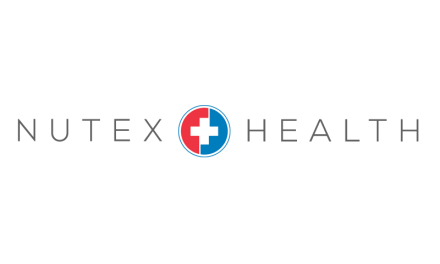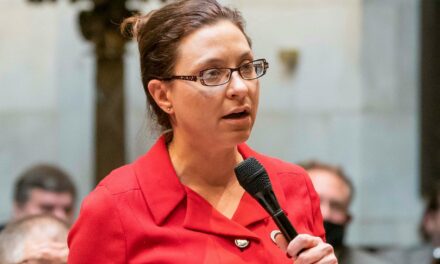
WCHQ learning event focused on the integration of behavioral health into primary care
National expert will present national models for treating opioid addiction
MADISON (August 31, 2018) —— As the demand for behavioral health services continues to escalate, health care systems are redesigning how patient care is delivered to increase access and improve quality. The Wisconsin Collaborative for Healthcare Quality (WCHQ) will showcase several national and state models that are successfully expanding access and integrating behavioral health services into primary care settings at its October 16 Assembly at Monona Terrace in Madison. See the agenda and speaker biographies.
Yngvild Olsen, MD, MPH, medical director, Institutes for Behavior Resources Inc/REACH Health Services in Baltimore City, will keynote WCHQ’s Assembly. She is a nationally respected expert on behavioral health issues. Dr. Olsen will provide a high-level overview of several models for integrating opioid addiction treatment into primary care settings from across the U.S. She will cover themes the different models have in common, as well as challenges they encountered, and lessons learned. During her presentation, she will outline key principles and factors important for health systems to consider as they work toward better behavioral health integration.
Recognizing the symptoms and treating young adults who are suffering from depression requires an
ability to relate to what they are experiencing. Rachel Grob, PhD, MA, with the University of Wisconsin Health Innovation Program and director of National Initiatives at the Center for Patient Partnerships, will introduce the audience to a web-based resource that summarizes the results of a qualitative research study about young adults’ experiences with depression.
Rep. John Nygren knows first-hand the devastation the opioid crisis is having on families across
Wisconsin. Rep. Nygren has worked tirelessly to curb opiate and heroin abuse in Wisconsin by authoring and championing legislation that has driven a statewide conversation about the impact opiate and heroin addiction have on Wisconsin families and our state. He will bring the health care community up to-date on the progress Wisconsin is making toward and the challenges that remain in restoring hope and health to Wisconsin communities.
Two WCHQ member health systems will present initiatives that are improving the care of patients with complex medical needs. Thomas Heinrich, MD, professor, psychiatry and family medicine, with Froedtert and the Medical College of Wisconsin will outline various considerations in benchmarking models of behavioral health integration into primary care. Various quality and financial benchmarks will be considered that demonstrate the value and cost of integrating behavioral health into primary care settings.
A team from Marshfield Clinic Health System (MCHS) will describe the MCHS response to the opioid crisis. MCHS providers, care teams and service line leaders have worked diligently to reduce overall doses of chronic opioid therapy and to identify patient safety concerns. These cooperative efforts and hard work have led to tremendous progress. Presenting from MCHS will be: Michael Larson, PhD, Pain Psychologist; Sheila Weix, MSN, RN, Director Alcohol and Drug Recovery; Katie Annis, RN/Team LeaderBehavioral Health Integrated Care Coordination; and Sandy Bump, Operations Manager/System Specialty Coordinator, Behavioral Health.
This quarterly WCHQ event attracts more than 125 health care professionals who are committed to
improving the quality of care patients receive in clinics, hospitals, home health and dental offices in
Wisconsin and neighboring states. Register today. More information is available at WCHQ.org or
contact Mary Kay Grasmick, WCHQ, mkgrasmick@wchq.org.





